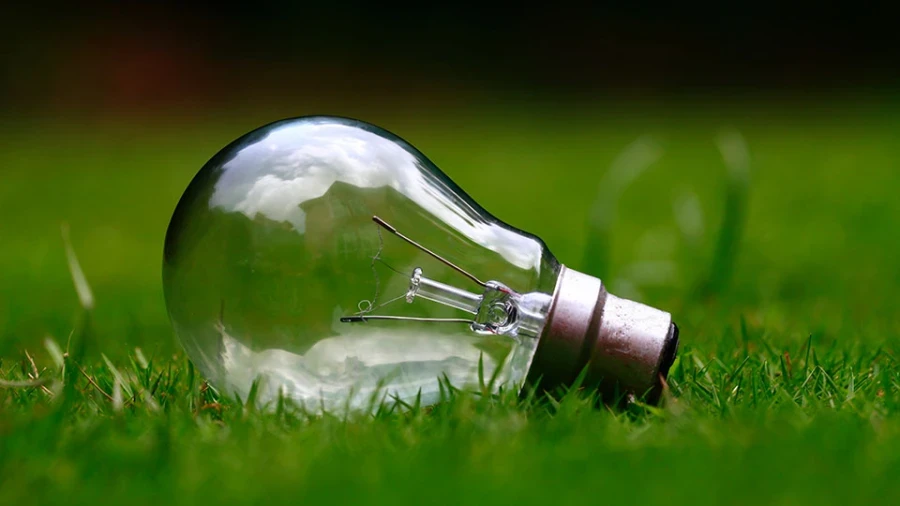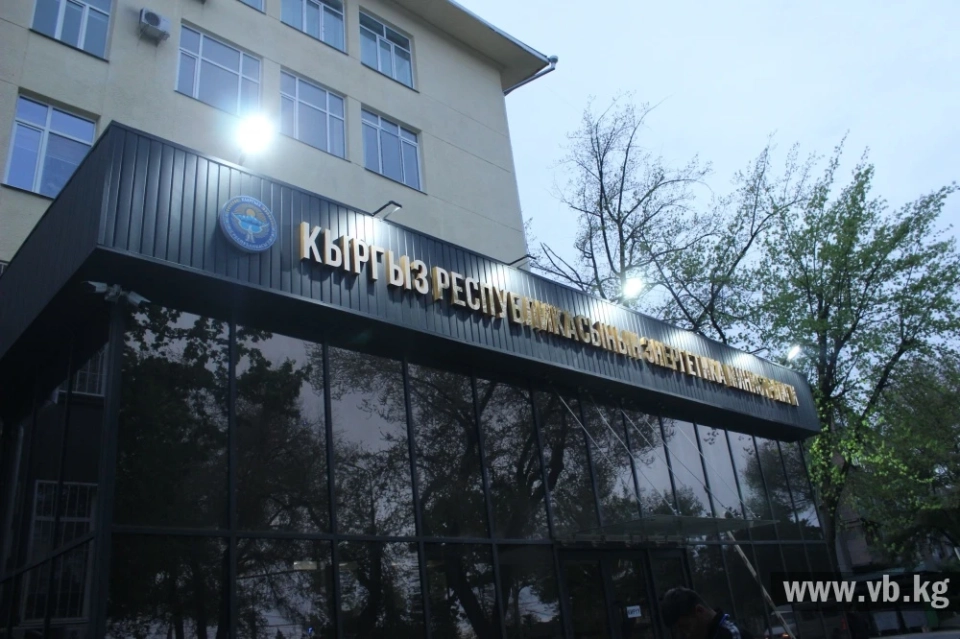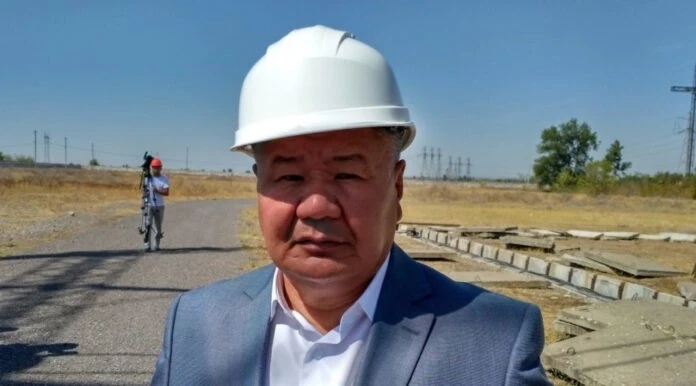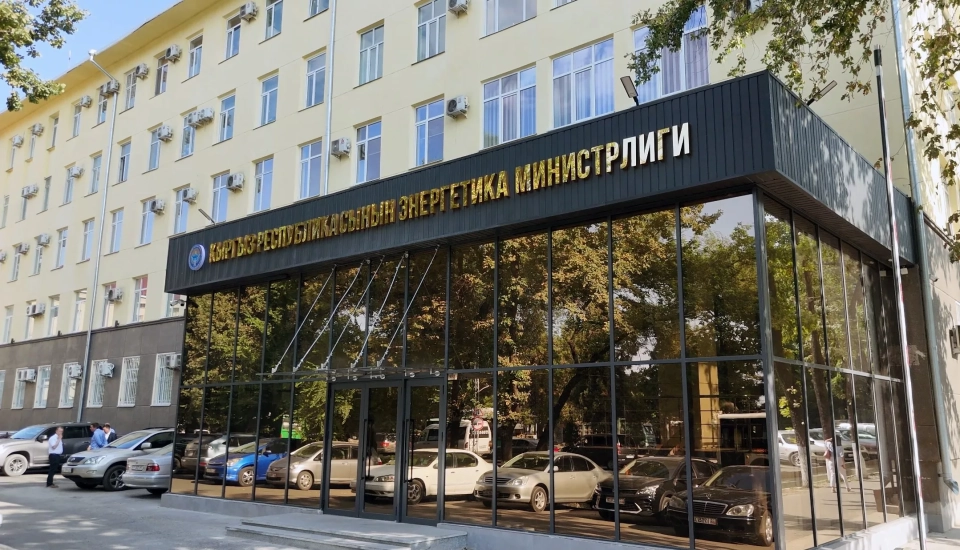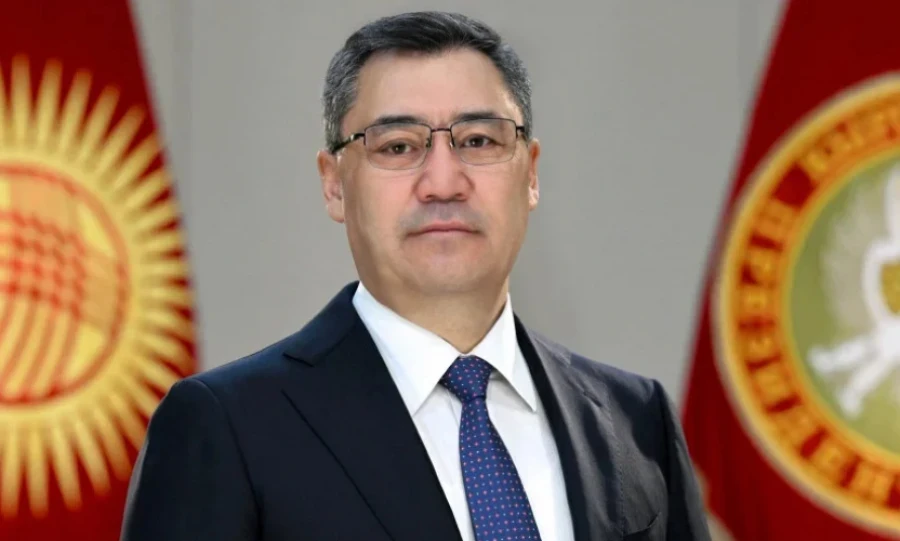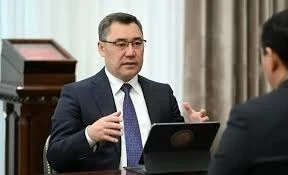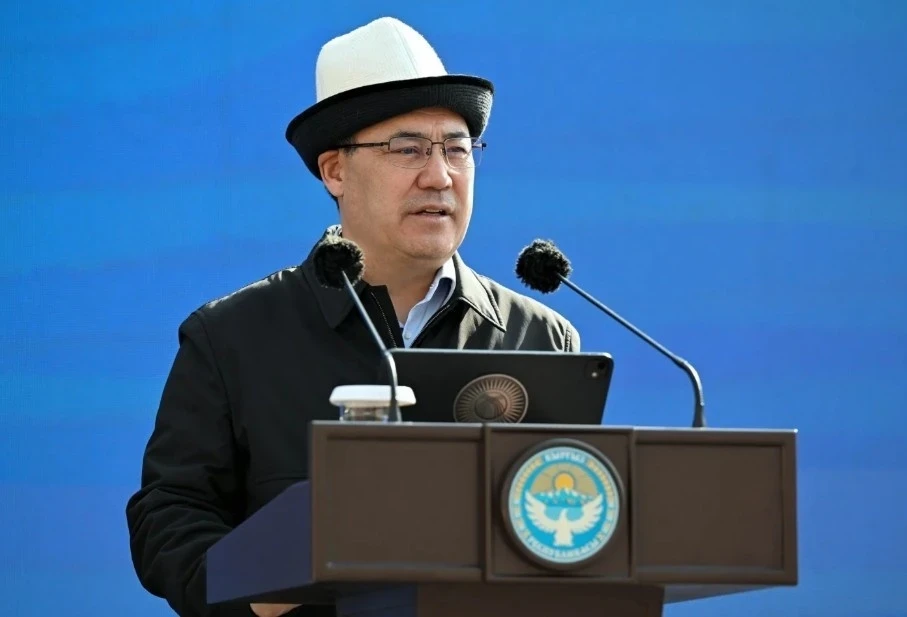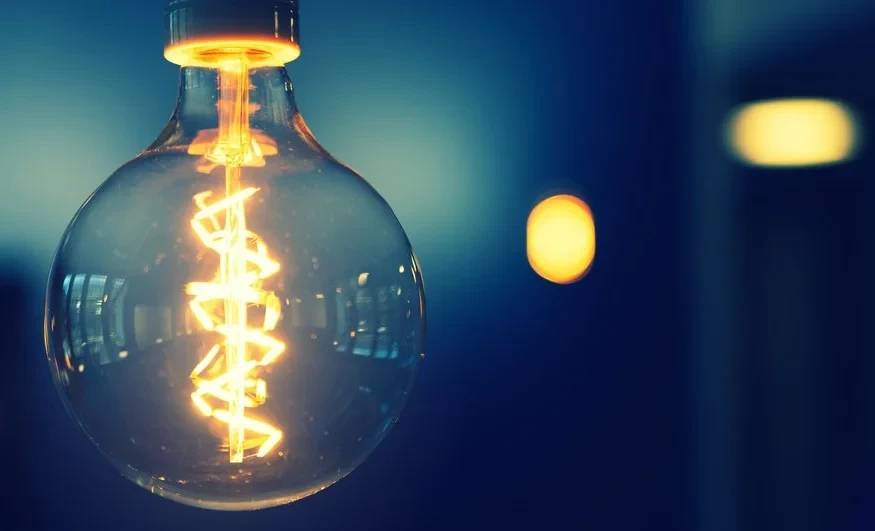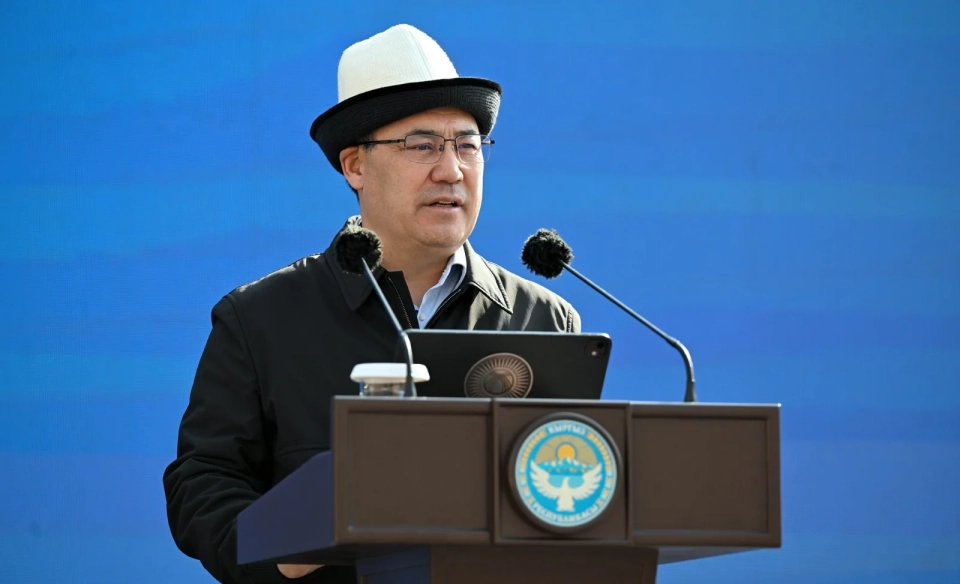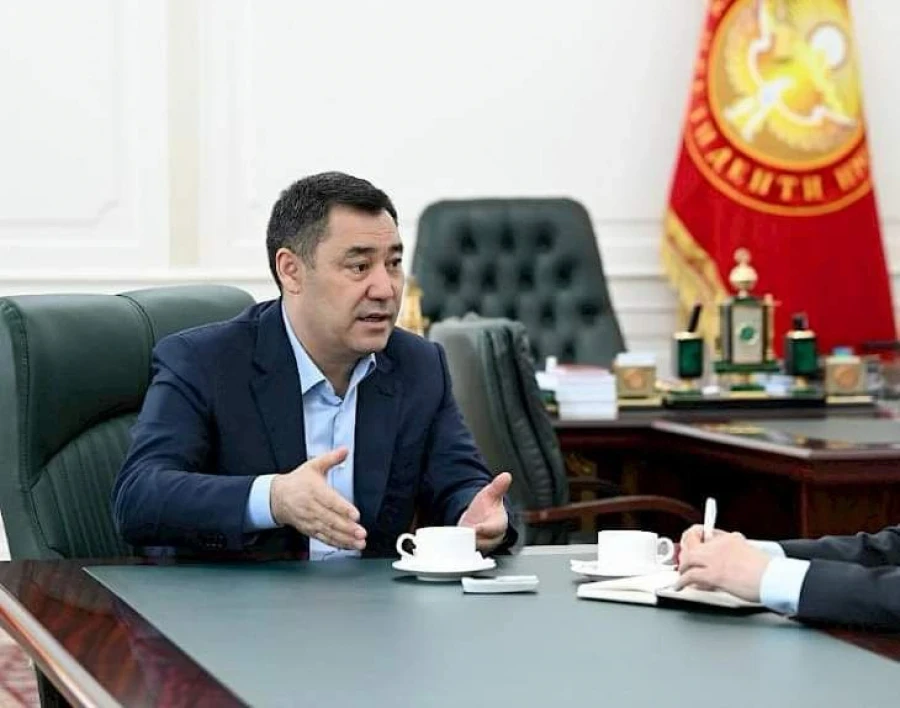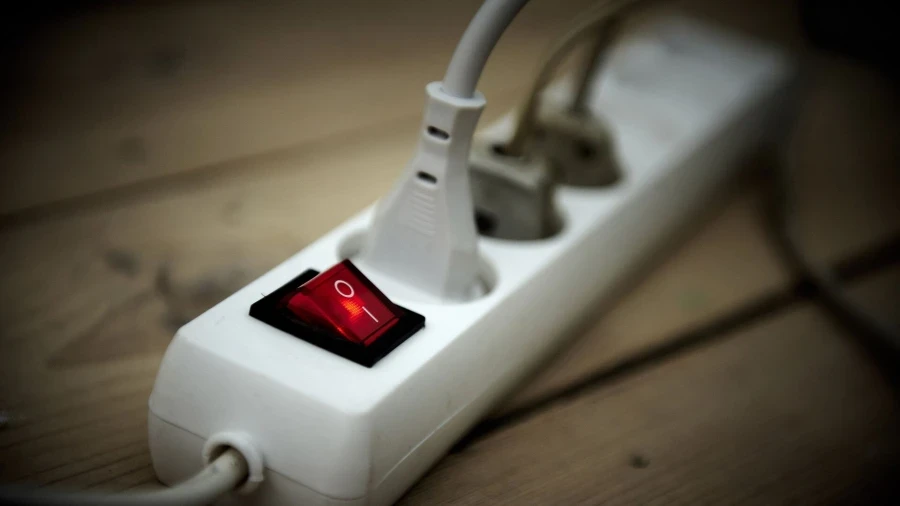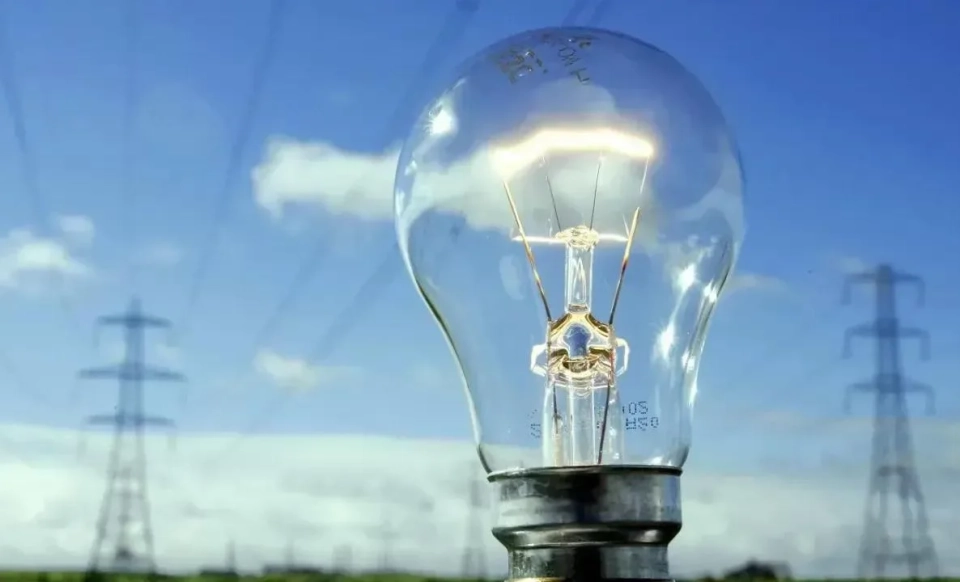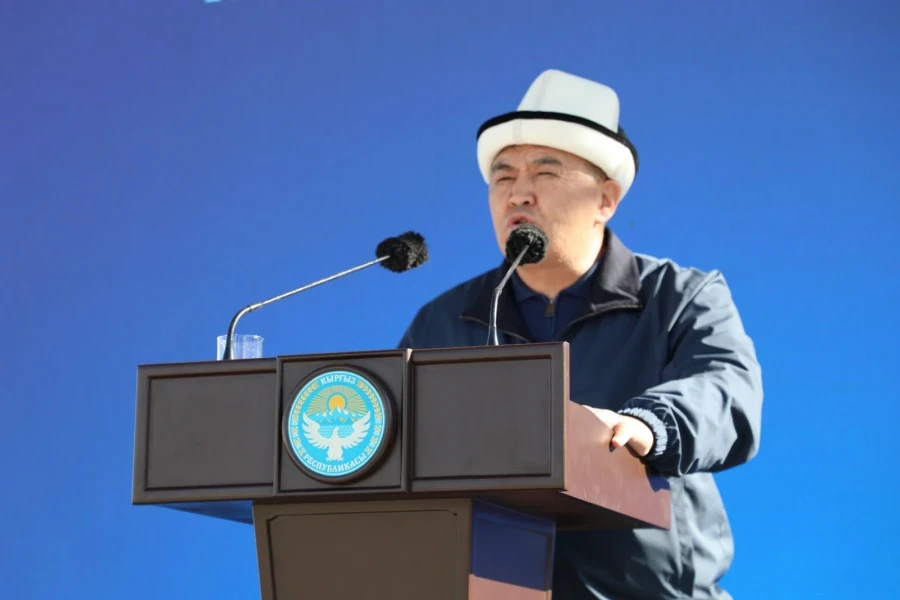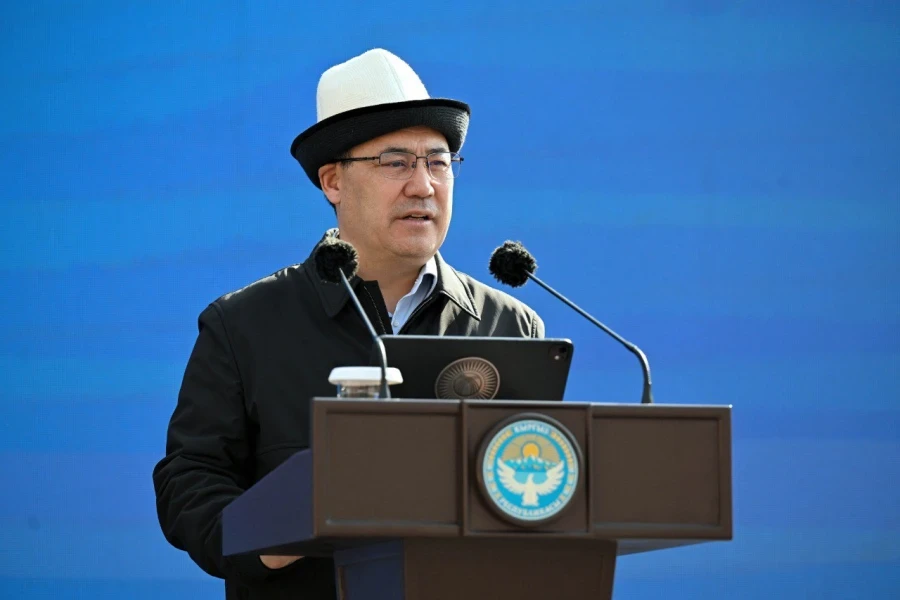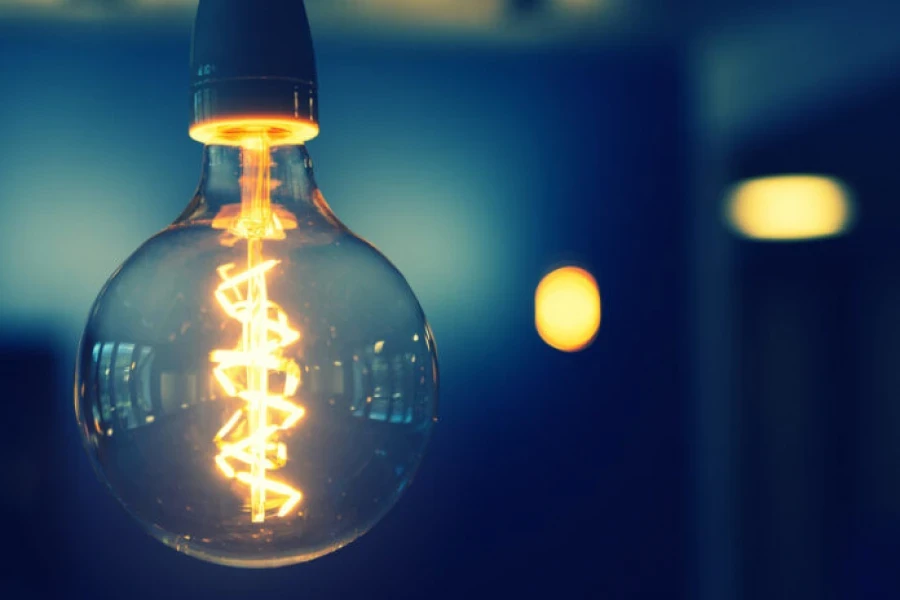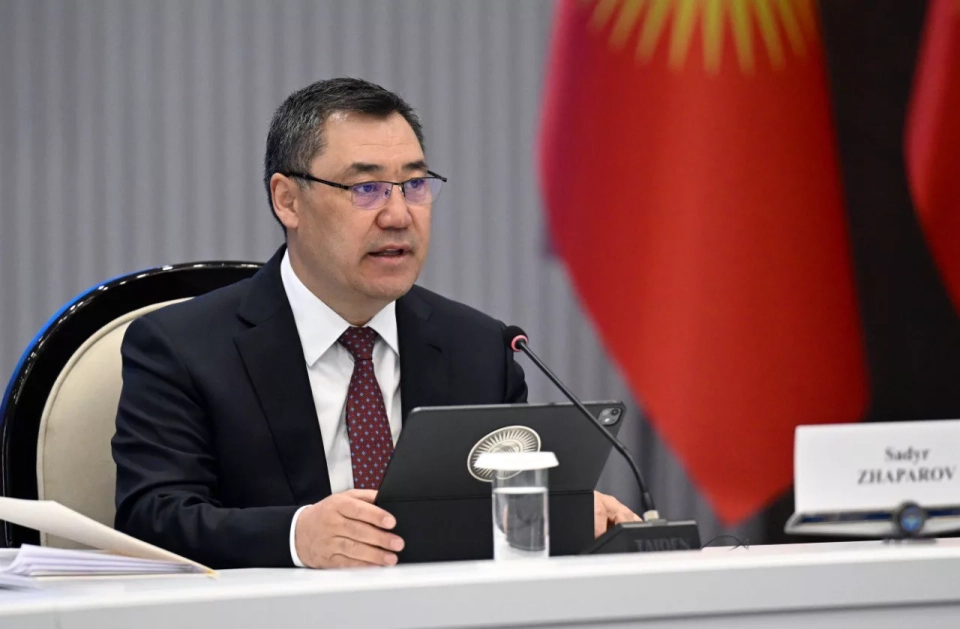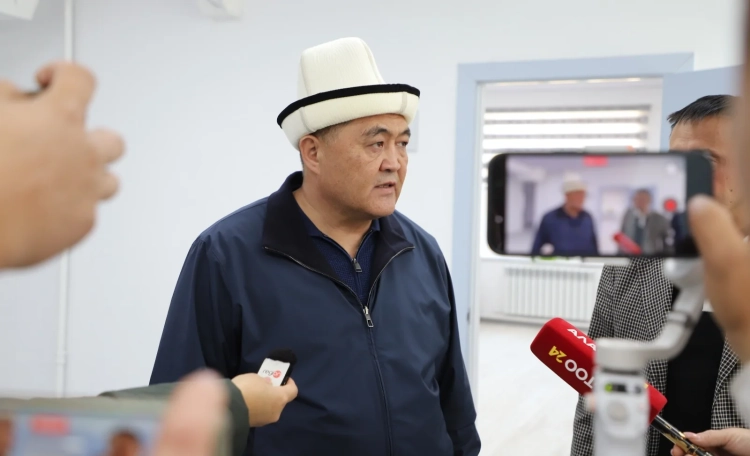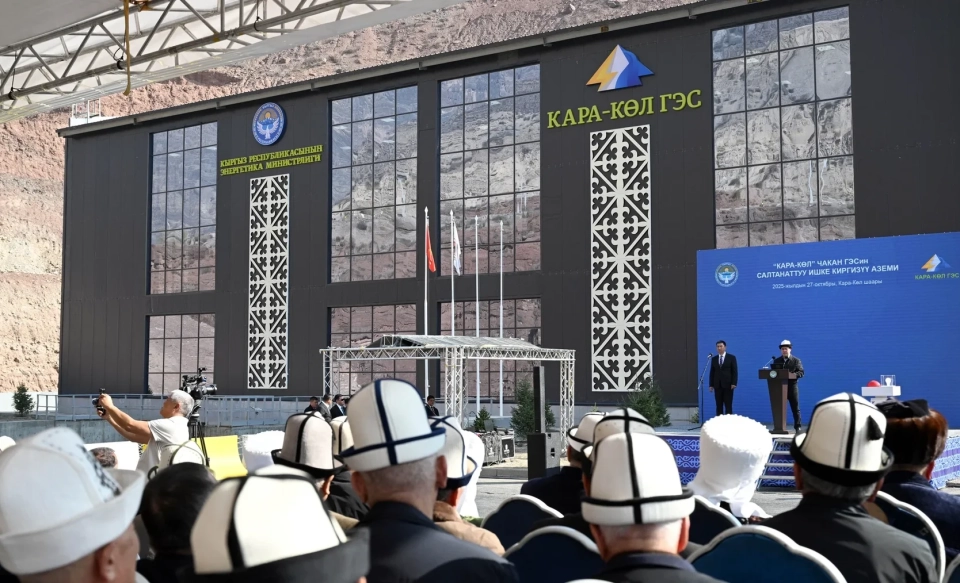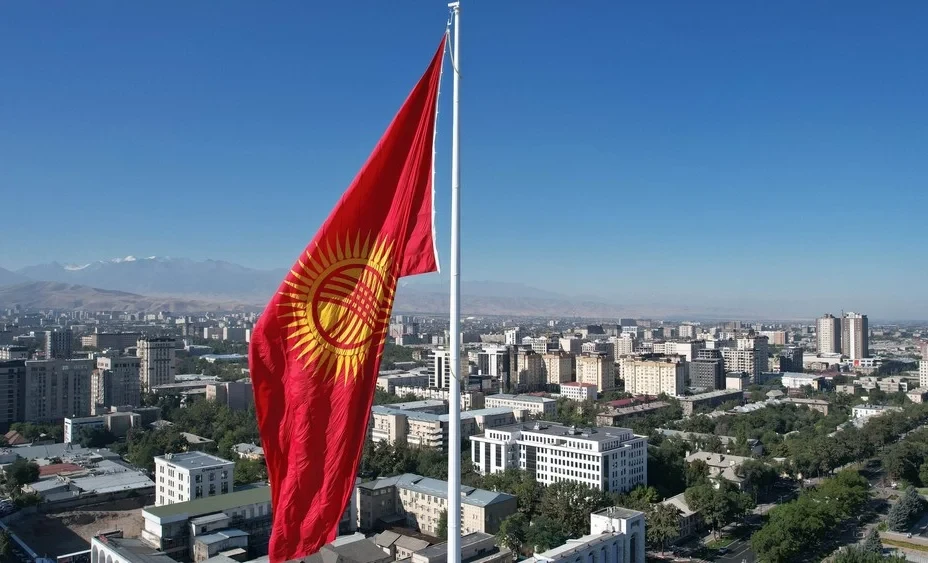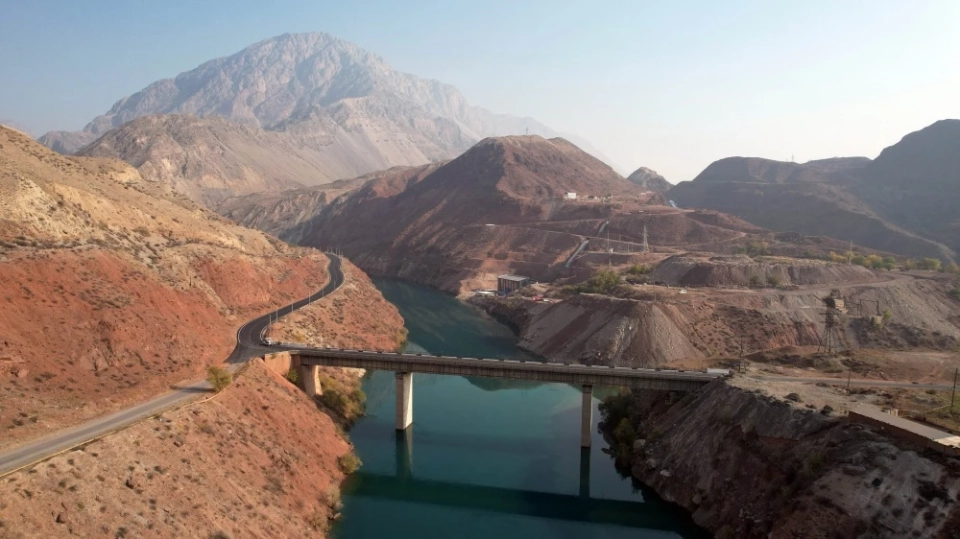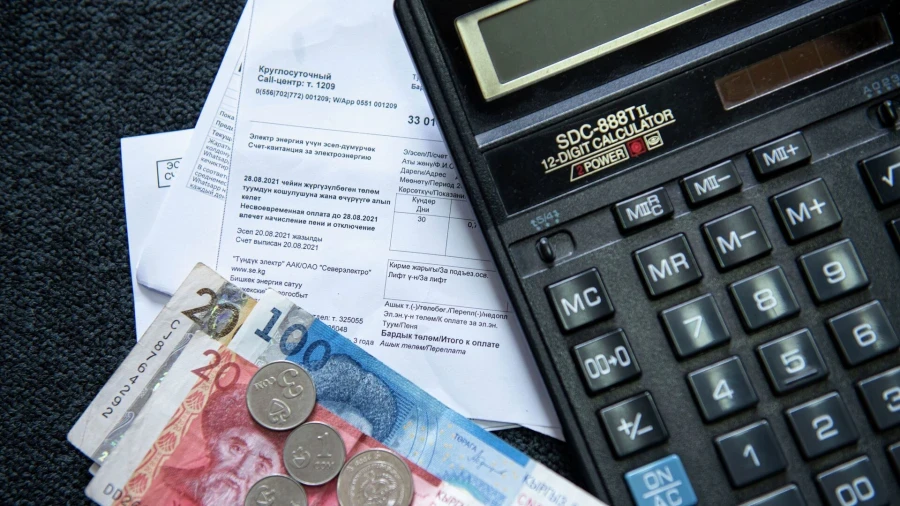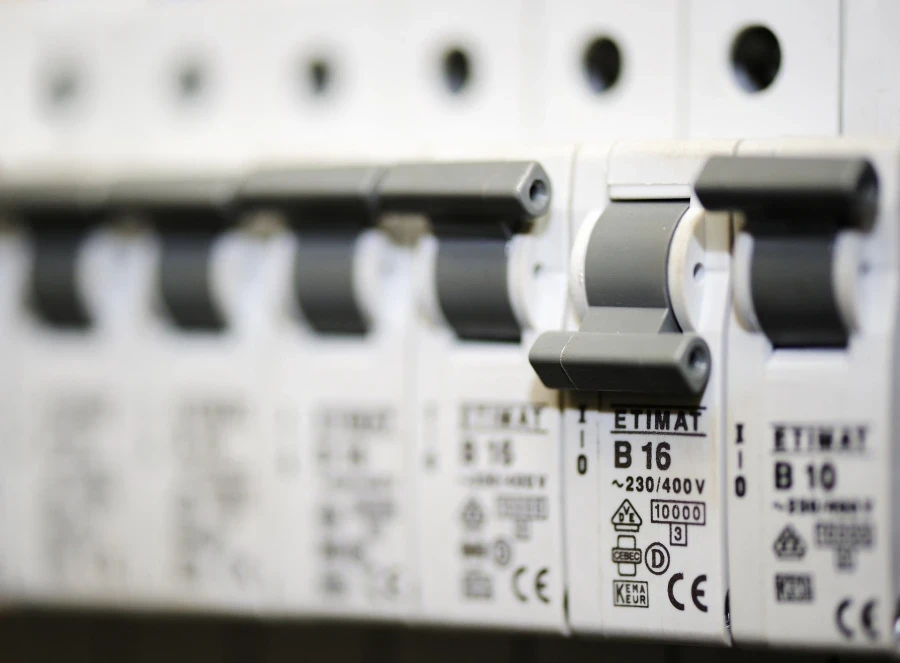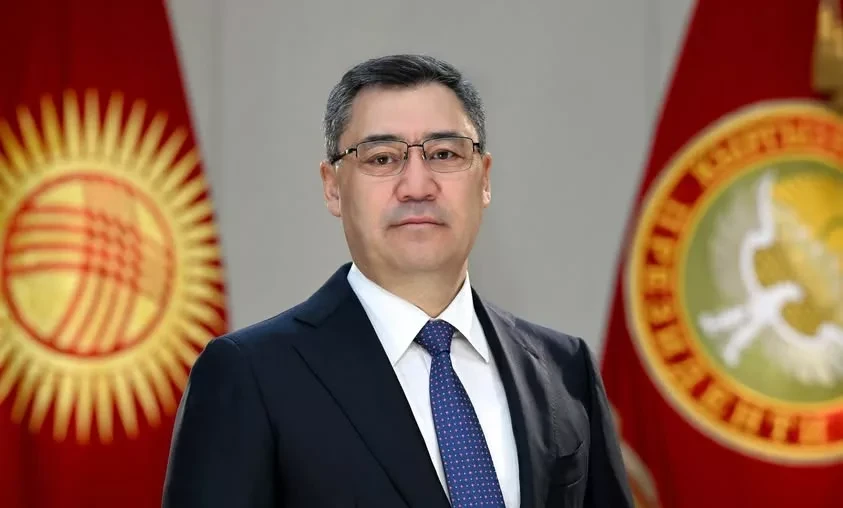
President of Kyrgyzstan Sadyr Japarov, in his address, discussed several pressing issues that are causing dissatisfaction among citizens and are actively discussed on social media:
In recent days, having spent 35 hours in the air, I have prepared an address regarding three key issues that concern our society. I want to share them with you:
1. The problem of electricity;
2. The issue of external and internal debt;
3. The issue of driver's licenses.
Recently, the National Electric Network of Kyrgyzstan JSC proposed to the population to use electricity in the fall and winter without restrictions. However, this proposal was made without coordination with the Ministry, which caused public discontent.
Yes, the "unlimited tariff" was introduced three years ago to partially cover the difference between the cost of imported electricity and its retail price. But under current conditions, the water level in reservoirs is 2 billion cubic meters lower than last year, which led to the suspension of connections to the unlimited tariff.
Upon seeing this message, I immediately contacted the minister and expressed my dissatisfaction, instructing to stop such actions and ensure equal access to electricity for all citizens.
As a result, the CEO of NESK and his deputy for commercial issues received a reprimand, and the head of the electricity sales department was dismissed.
I want to talk about the situation in the energy sector in more detail. People need to know the truth.
Until 2020, the debt of the energy sector was 137 billion soms, and the system was on the verge of collapse. The situation was particularly dire in "Vostoelektro" and "Jalalabadenergo," which could not pay salaries without borrowing from banks. They were essentially bankrupt.
Energy workers remember that situation well. Equipment at power plants had not been updated since the 1960s, and new hydropower plants were hardly built. The first hydropower plant commissioned after 2009 was the Kambar-Ata HPP-2. Since then, no significant hydropower plants have been built.
Every winter we faced an electricity deficit, forcing us to buy it from abroad at a price of 5 soms per kilowatt-hour. I learned about this when I came to power and began reforms to combat corruption in the energy sector.
How much of that 5 soms went into the pockets of individuals — only God knows. The countries that sold us electricity did not reveal the truth about their schemes. Therefore, establishing the truth is now very difficult.
Electricity bought at 5 soms was sold to the population at a price of 0.77 tyiyn per kilowatt-hour, and the difference of 4 soms 23 tyiyn accumulated as debt. Thanks to reforms since 2020, we managed to reduce the total debt from 137 billion to 25 billion soms.
With God's help, next year we plan to fully repay this debt, and by 2027 our energy system will be able to generate profit for the first time in history. This is a significant achievement for our country.
If I thought like this: "I don't need to change anything, the main thing is to get through my presidential term," I could have simply not built hydropower plants and just imported electricity at 5 soms, selling it to the population at 1 som. A fifth-grade student could do that.
But I chose a different path because continuing the old practices would lead to a disaster in the energy system.
Today we import electricity at 3 soms per kilowatt-hour and sell it to the population at 1 som 37 tyiyn, with the difference currently covered by the ministry. Nevertheless, thanks to reforms, we hope that next year the ministry will be able to repay its debt of 25 billion soms and achieve profitability by 2027.
At the moment, the water level in the Toktogul reservoir is 2 billion cubic meters lower than last year, and to maintain the water level and eliminate the electricity deficit, we need to import it in large volumes.
We urge citizens to conserve electricity to reduce import volumes. Remember: the less we conserve, the more money goes abroad.
Therefore, government institutions must turn off lighting and electrical appliances after 6:00 PM. There is enough electricity in the world that can be imported without restrictions, but every extra kilowatt-hour is additional expenses for the budget, which is formed from your money.
To be frank, many private individuals also do not conserve electricity. You enter a house — the lights are on in all rooms even during the day. Outside — some have their lights on even in daylight.
Therefore, I appeal to everyone: use light economically. Every 100-watt bulb that operates for an hour "takes" about 270 liters of water from the Toktogul reservoir. Imagine — 270 liters for one bulb! Don't forget to turn off the lights at night.
I lived in Europe for four years and noticed that there people do not leave the lights on for a minute — they turn them off immediately since electricity is expensive there.
For example: in Germany, in winter, one kilowatt-hour costs about 50 euro cents, which is about 50 soms. In Central Asian countries, like Uzbekistan, tariffs depend on consumption: with an average consumption of 1000 kWh per month, they pay about 500 soms, which is 3 soms 60 tyiyn. In Kazakhstan, in Almaty, the tariff ranges from 30 to 50 tenge, or from 5 to 8 soms. And here in Kyrgyzstan — only 1 som 37 tyiyn.
Some may say: "But their salaries are higher." However, if we compare all expenses — on food, medical services, taxes, and insurance — the standard of living turns out to be comparable. And at the same time, our electricity remains the cheapest.
For the third year in a row, we are actively building hydropower plants, as well as stations powered by solar and wind energy. Soon the first solar power plant will be launched in Kyrgyzstan.
Nevertheless, despite all the achievements, we still lack energy in winter. This is due to the fact that new factories, schools, and kindergartens are built every year, which require large amounts of electricity, and we continue to face a deficit that we cannot replenish in time.
I note that in 2024 the following hydropower plants were commissioned:
- Bala-Saruu HPP — 25 MW (Talas region)
- Issyk-Ata HPP 1 — 2 MW (Chui region)
- Kok-Art HPP — 6.7 MW (Jalal-Abad region)
- Kainama HPP — 9.6 MW (Jalal-Abad region)
- Isfayram-1 HPP — 2 MW (Batken region)
- Kurak-Tektir-1 HPP — 0.6 MW (Osh region)
- Arashan HPP — 2.4 MW (Issyk-Kul region)
- Beles HPP — 0.54 MW (Batken region)
The total installed capacity amounted to 48.84 MW.
In 2025, the following will be commissioned:
- Koysuuy HPP — 9 MW (Issyk-Kul region)
- Issyk-Ata HPP 2 — 4 MW (Chui region)
- Aksy HPP — 4.75 MW (Jalal-Abad region)
- Boz-Uchuk HPP — 5.54 MW (Issyk-Kul region)
- Kara-Kul HPP — 18 MW (Jalal-Abad region)
The total capacity will be 41.29 MW.
Also, major hydropower plants have undergone modernization, which has allowed an increase in their capacity. All four units at the Toktogul HPP have been updated, adding 240 MW of capacity. This is equivalent to the construction of a new hydropower plant with a capacity of 240 MW.
At the Uch-Kurgan HPP, 9 MW has been added as part of the reconstruction, and after the project is completed, an additional 36 MW will be obtained. At the Kambar-Ata HPP-2, a project is underway to commission the second unit with a capacity of 120 MW. The At-Bash HPP has been updated, adding 11.44 MW. Work is also ongoing at the Lebedinov HPP.
Construction of small hydropower plants is planned for 2025–2030. In 2025, stations will be built in Jalal-Abad, Batken, Osh, Naryn, and Chui regions with a total capacity of 29.53 MW. In 2026, the construction of 25 small hydropower plants with a total capacity of 286.21 MW is planned. In 2027, 14 new hydropower plants with a total capacity of 172.88 MW will be commissioned.
Among the promising projects are the Chon-Kemin HPP (26 MW) and the Chok-Tal HPP (3.7 MW). The construction of hydropower plants continues, and the electricity deficit is a temporary problem.
If we were not building new schools, kindergartens, and factories, we would have long ago covered the accumulated deficit. But we are working to overcome difficulties. I am confident that in two and a half years we will cover the winter electricity deficit, as about a hundred small and medium hydropower plants are being built across the country.
In addition, the construction of a thermal power plant with a capacity of 1200 MW has begun in Kara-Keche, which will be commissioned in two and a half years. After its completion, the electricity deficit will be eliminated. If we were waiting for the completion of Kambar-Ata HPP-1, it would take another 7–8 years. When Kambar-Ata is fully operational, Kyrgyzstan will become an electricity-exporting country.
We are purposefully working towards achieving this goal. As projects are implemented, the electricity deficit will gradually be eliminated, and Kyrgyzstan will become an energy-independent state. I ask you to understand the current difficulties and help restore the energy system. Use electricity rationally — this is how you can contribute.
Now about the external and internal debt accumulated over the past 30 years. Fortunately, the time to address these issues coincided with my presidential term.
2020 — 31 billion soms paid
2021 — 30 billion soms
2022 — 34 billion soms
2023 — 53 billion soms
2024 — 60 billion soms
2025 — 79 billion soms
In total, from 2020 to 2025, 285.4 billion soms (3.3 billion USD) will be directed to repay the state debt, of which:
external debt — 170.5 billion soms (1.9 billion USD),
internal debt — 114.9 billion soms (1.4 billion USD).
Thus, we will completely rid ourselves of external debts by 2035, and this will be possible thanks to a high rate of economic growth, which is expected to continue for the next 15–20 years.
The implementation of large-scale projects and new investments will allow us to accelerate GDP growth. The sustainability of state debt is determined by its ratio to GDP, and at the moment this indicator is 42%, which is significantly lower than before — 68-84%.
Therefore, there is no cause for concern. All attracted funds are directed towards economic development, which, in turn, will lead to GDP growth. Current borrowings are taken for specific target projects that will be self-financing.
For example, for the Kambar-Ata HPP, we are attracting 1.5 billion USD for 50 years at zero interest with a grace period of 10 years. Construction will take 7–8 years, after which the station will begin to generate income that will allow repaying the loan in 15 years.
The China–Kyrgyzstan–Uzbekistan railway is a commercial project not related to external debt. The three countries are jointly building the road, and after 35 years it will pass into the ownership of Kyrgyzstan.
We are now building a railway that will connect two economic oceans. This road will pass through the territory of Kyrgyzstan, and in the future, we will become a transit country capable of influencing global economic policy.
Therefore, we must not succumb to provocations and must complete this project as soon as possible.
Almost 90 percent of large projects do not depend on the state budget. Some loans are attracted for social projects and road construction, but they will not have a significant impact on the budget in the future.
I ask you not to pay attention to those who, manipulating the figures of external debt, sow panic and raise the people, presenting the situation as a tragedy. All funds are used for their intended purpose.
Now I will turn to the issue of driver's licenses.
After the collapse of the USSR, no one took exams, licenses were obtained without much difficulty. Today, 90 percent of drivers bought their licenses. This is a sad reality, and I can confirm it. If you stop most drivers on the street and ask them about the traffic rules, they will not be able to answer.
The number of road traffic accidents is increasing, and this is related to the fact that drivers do not know the rules. From 2014 to 2020, 6159 people died in traffic accidents, and from 2021 to the present — 3818 people. The reduction in casualties occurred thanks to the measures taken, but control needs to be tightened.
We are losing citizens and are forced to provide for those who have become disabled. This causes serious damage to the state. Therefore, I declare that from this moment on, no one will be able to buy a driver's license. Those who previously bought one but are caught violating must take exams.
All traffic accidents occur due to violations of the rules, leading to human casualties. I urge everyone to support measures to improve the situation on the roads. An additional course on traffic rules will be introduced in schools, developed by specialists from the Ministry of Internal Affairs and the Ministry of Education.
This course will cover practical skills: how to drive on slippery roads, what to consider in the dark, and the first actions in case of a car breakdown. The training process will take 14 months, with those who do not pass the exams needing to prepare anew.
Training will be available in driving schools in all regions of the country. Adults will be able to study in driving schools with an intensive course. We will put an end to corruption! Driver's licenses will only be issued to those who have completed training.
Some groups with ill intentions are trying to inflate problems to sow panic among the people. These are those who were previously detained for corruption and lost their incomes. We will complete everything we started and ensure order in the country.
There will be no coups because the state has become strong, and the people know whom to support. We will not give any reason for destabilization.
